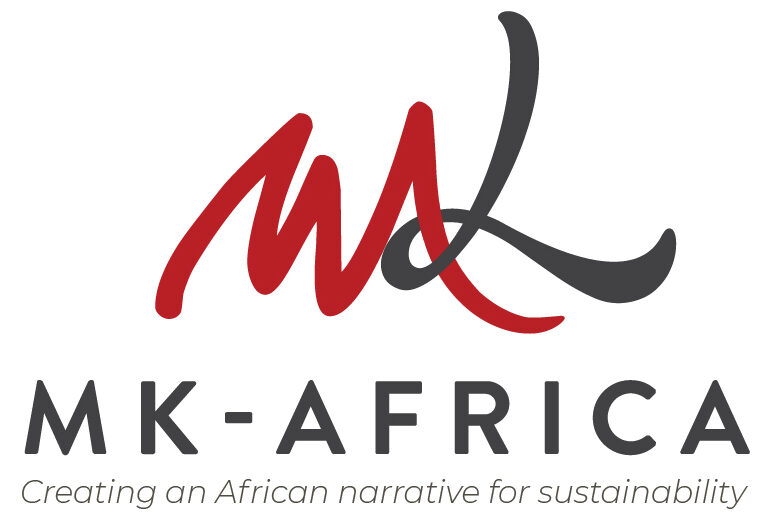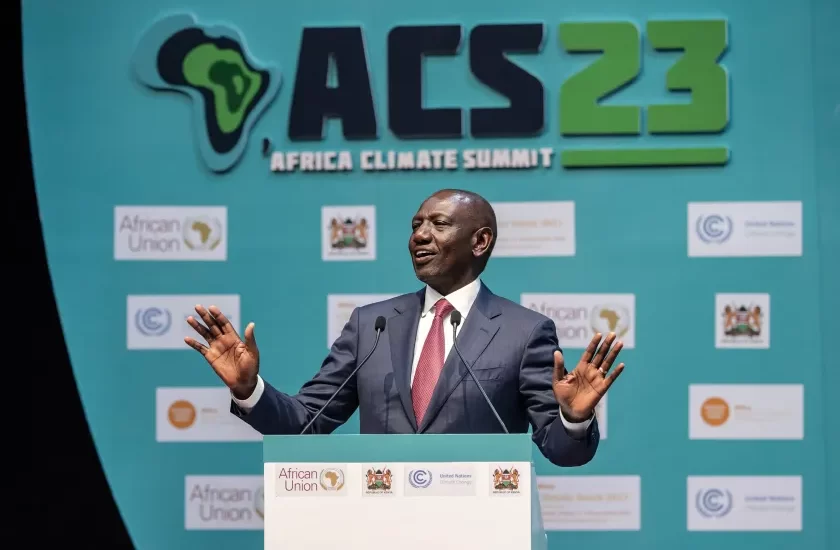The financial services sector faces increasing pressure to recognize and manage climate risks. As climate change intensifies, the likelihood and severity of physical and transition risks will rise, impacting the economy and financial sector. Physical risks include the possibility of extreme weather events causing damage to assets and disrupting operations, which could result in significant financial losses. Transition risks refer to the financial impacts of the transition to a low-carbon economy. Institutions with substantial exposure to high-carbon industries may face financial risks as demand for their products declines due to climate policies and technological advancements. They also face reputational risks when they support environmentally harmful initiatives.
As corporates continue to refine and execute their decarbonization and net zero strategies, demand signals for voluntary carbon credits will become more transparent and structured, allowing financial institutions to invest in and scale their carbon operations and provide this vital service of facilitating and intermediating transactions.
Regulators increasingly focus on climate risk management and encourage financial institutions to proactively identify, assess, and mitigate climate risks. For instance, the European Union introduced a new taxonomy of sustainable economic activities to help investors identify environmentally sustainable investments. During the just-concluded Africa Climate Summit, African leaders stressed the importance of climate financing. They encouraged world leaders to support the proposal for a global carbon taxation regime and a new financing architecture responsive to Africa’s needs. Against this backdrop, Citi Kenya held a side event on ‘Building African Carbon Markets’ where they launched their report on the Voluntary Carbon Market (VCM). This report provides a guide for companies to help navigate the VCM, which, although nascent, has managed to provide financing for many sustainable projects in developing and emerging countries.
Financiers should also encourage their value chain to engage in sustainable business practices and help them transition to a low-carbon economy. As corporates continue to refine and execute their decarbonization and net zero strategies, demand signals for voluntary carbon credits will become more transparent and structured, allowing financial institutions to invest in and scale their carbon operations and provide this vital service of facilitating and intermediating transactions.


